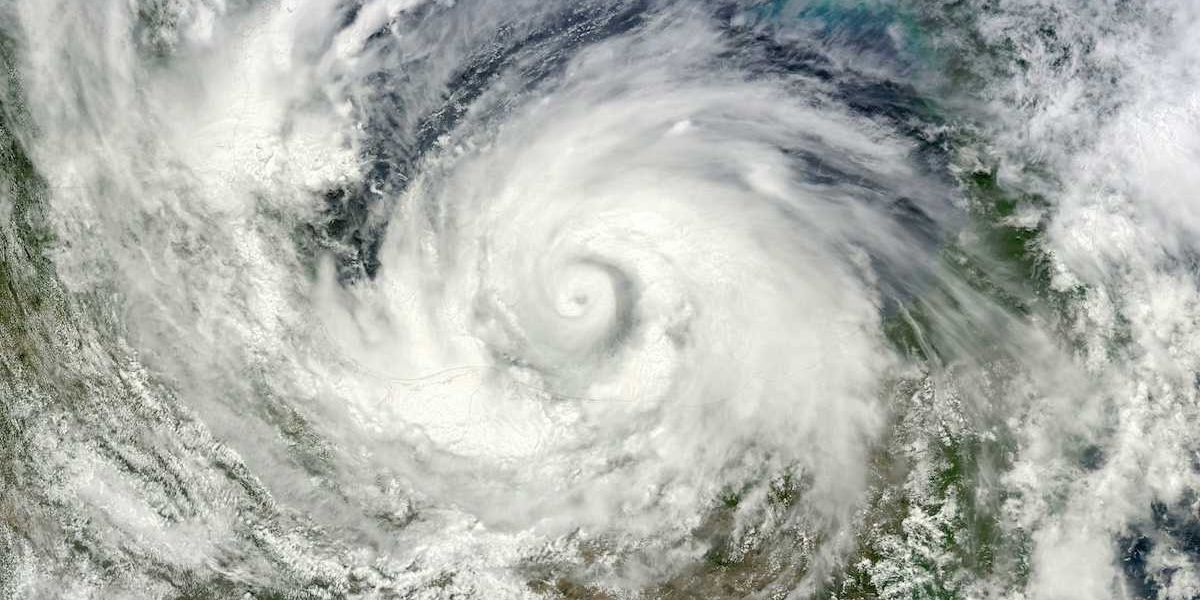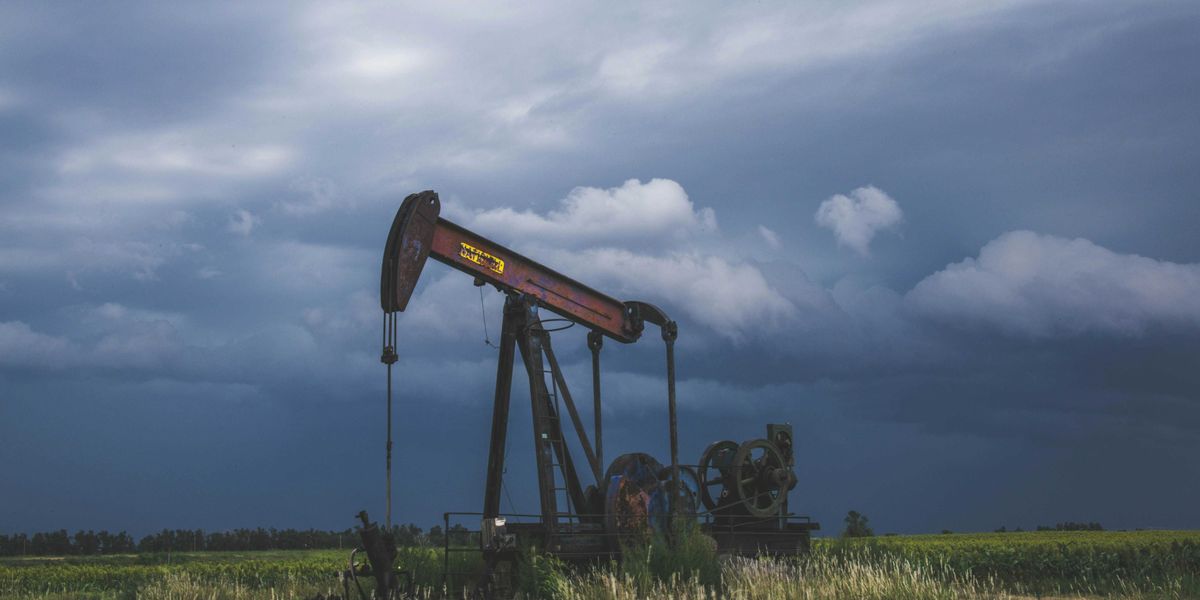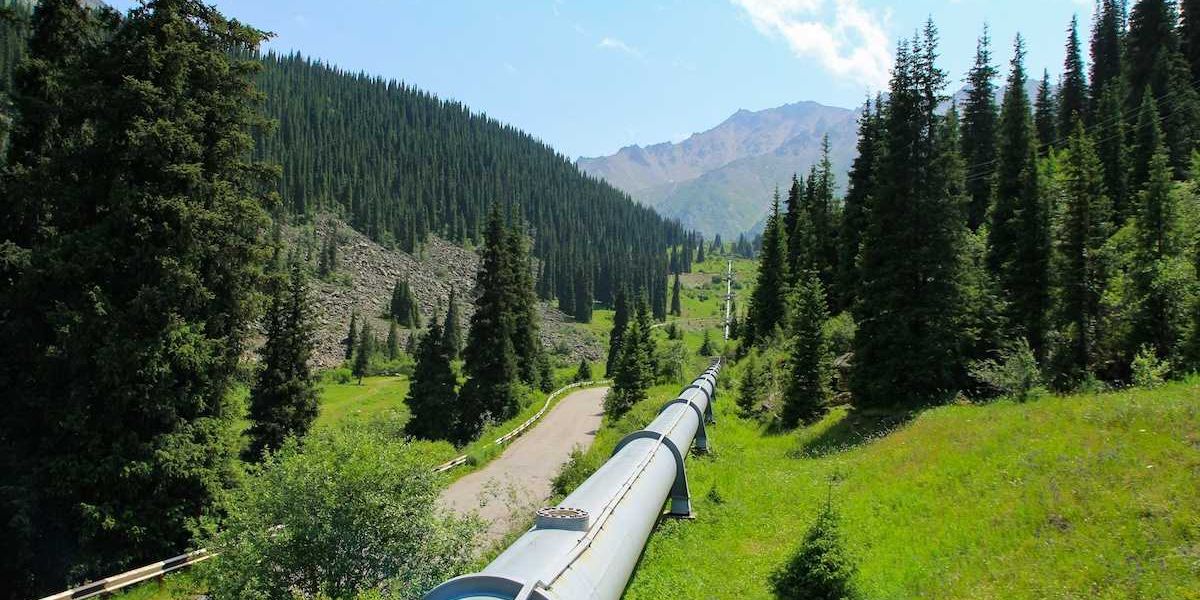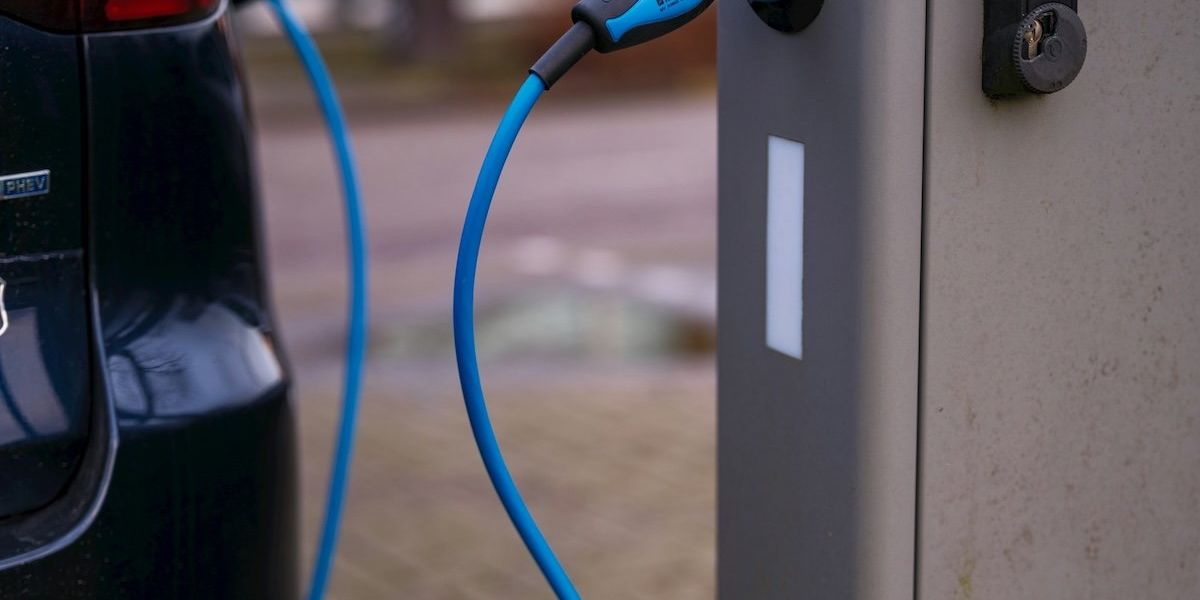Numerous miles-long oil spills have been reported on one of Pittsburgh’s iconic three rivers
The spills are just the latest pollution concern for the Monongahela River.
PITTSBURGH — Oil sheens up to 18 miles long have repeatedly been reported by an environmental advocacy group on the Monongahela River over the last six months.
The site of the recurring pollution is only a few miles from where the Monongahela River merges with the Ohio River, which provides drinking water to more than five million people.
This type of oil sheen is typically the result of petroleum-based products in waterways. A single quart of oil can contaminate up to a quarter million gallons of drinking water. Oil on the surface of a body of water can disrupt ecosystems and food chains by harming birds, plants, animals and insects; make water unsafe for human consumption; and vaporize and contaminate the air.
There are several industrial facilities with drainage outfalls in the oil-polluted sections of the Monongahela River, including U.S. Steel’s Irvin Works, which has been issued notices of violation for several of these oil spills by both the U.S. Environmental Agency (EPA) and the Pennsylvania Department of Environmental Protection (PA DEP).
U.S. Steel spokesperson Amanda Malkowski told Environmental Health News (EHN) the company has worked and communicated with the state’s Department of Environmental Protection and “has thoroughly investigated every report” of oil spills tracked to its facilities. “We will continue to work with and communicate with the relevant agencies as appropriate. We continue to monitor our operations and the water conditions around our facilities. Environmental performance remains one of our top priorities.”
Notices of violation instruct companies to investigate potential sources of pollution, report their findings to regulators, and fix the problem. They do not carry any fines.
The oil spills are just the latest environmental insult for the waterway, which is one of Pittsburgh’s iconic three rivers, in addition to the Allegheny and the Ohio Rivers, which together make up the Ohio River basin. Among major watershed regions nationwide, the Ohio River basin received the largest volume of toxic chemical discharges by weight in 2020. The lower Monongahela watershed ranked fourth nationally for releases of chemicals that cause reproductive harm into waterways, with around 7,364 pounds of these chemicals dumped into the watershed’s rivers and streams that year.
The way oil spills disperse creates a special headache for investigators in tracking down a source but health advocates say residents aren’t getting the answers — or action — they deserve.
“It’s an unfair burden for these communities to be continually polluted by these industries with no penalty,” Heather Hulton VanTassel, executive director of Three Rivers Waterkeeper, the scientific and legal advocacy group that’s been documenting the oil spills, told EHN. “By now there should have been real penalties for this polluter to prevent continued pollution.”
Oil spills “inherently difficult to investigate”
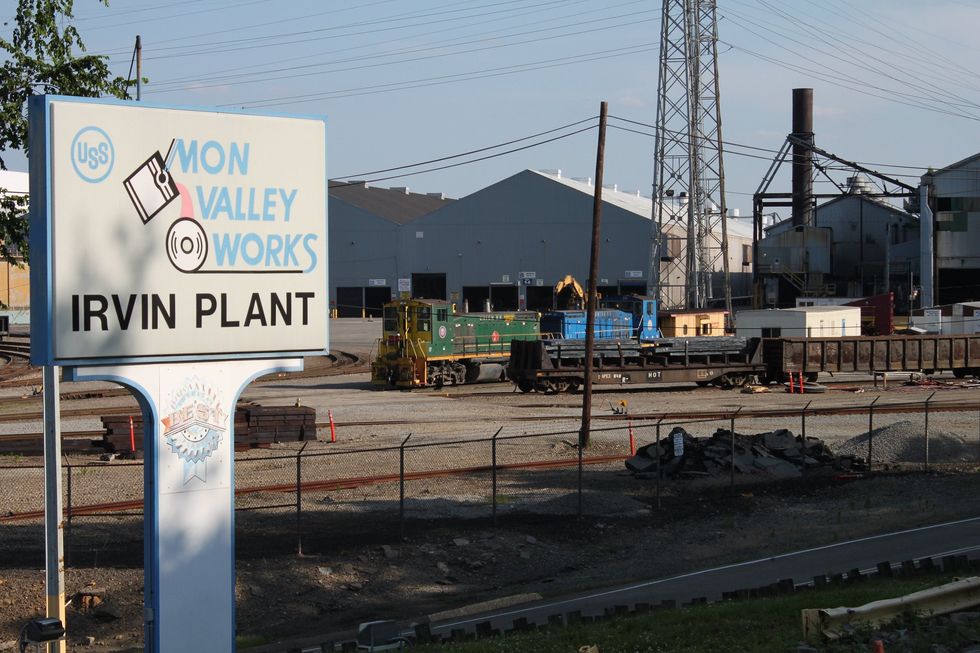
Josslyn Howard, a spokesperson for the Pennsylvania Department of Environmental Protection, said the agency has conducted several investigations of oil sheens on the Monongahela over the last 18 months, but acknowledged that they are “inherently difficult to investigate since they quickly disperse, break down and migrate downstream.”
Despite that difficulty, the agency issued notices of violation related to the oil spills to U.S. Steel’s Irvin Plant on Sept. 6, 2022; June 13, 2023; and Sept. 8, 2023. The agency also issued a compliance order to the facility on Oct. 18, 2023, which required it to deploy containment and absorbent booms on the Monongahela River at the facility, immediately investigate the cause of an oil sheen discharging from one of the plant’s outfalls, prevent further discharges of oil and submit a report within 30 days.
Howard said the agency’s investigations of these oils spills did not find “sheening that posed a threat to drinking water intakes, nor found evidence of impacts to aquatic life or active petroleum discharges.”
Slow agency response
According to Three Rivers Waterkeeper, the state’s Department of Environmental Protection has often been slow to respond to reports of oil on the water, and by the time the agency sends an inspector out, the oil has already dispersed.
During one incident when the group reported an oil sheen on the river but the agency was unable to send out an investigator quickly, Three Rivers Waterkeeper called the EPA’s 24-hour hotline for oil spills in waterways, according to Hulton VanTassel. An investigator arrived at the scene within a few hours and traced the source of the spill to U.S. Steel’s Irvin Works. The EPA issued a notice of violation to U.S. Steel and alerted downstream water authorities, then turned the case over to the PA DEP.
Howard said the agency is investigating other sources it suspects could be the cause of the latest oil sheen that are unrelated to U.S. Steel’s facilities, but that they cannot comment on pending investigations.
“[Pennsylvania] DEP takes reports of pollution seriously, while reviewing and appropriately responding to every complaint that we receive,” Howard said. “The public is an important partner in DEP’s work, and we urge residents to notify us and work with us.”
Pennsylvania residents can report oil spills or other environmental emergencies to the local agency online or over the phone. “It is helpful if reports of emergencies and complaints are made in a timely manner,” Howard said, “and include a description of the environmental concern in detail with a date, time, location, and visual observation (including photos or videos).”
Pollution beyond oil spills
The Monongahela River receives pollution from numerous sources, including radioactive fracking waste, acid mine drainage, barge shipping accidents, combined sewage overflows and stormwater events, and industrial pollution.
In addition to the oil spill violations, U.S. Steel’s Irvin Works already reports sending several harmful heavy metals into the river, including legally discharging 295 pounds of lead, 232 of manganese, 235 pounds of nickel and 443 pounds of zinc, according to the 2022 from the EPA’s Toxics Release Inventory. Exposure to these heavy metal compounds is linked to skin irritation, lower IQ in children and mental health issues in adults.
The part of the river where the oil spills have been reported is also a low-income environmental justice area that regularly experiences high levels of toxic air pollution from U.S. Steel’s Irvin Works and Clairton Coke Works, which is only a few miles away.
“When a known party is polluting consistently, at some point their permit should be revoked,” Hulton VanTassel said, referring to the repeat oil spills. “After so many notices of violation from regulators with no penalty, we’re basically just allowing them to pollute our air and water.”

